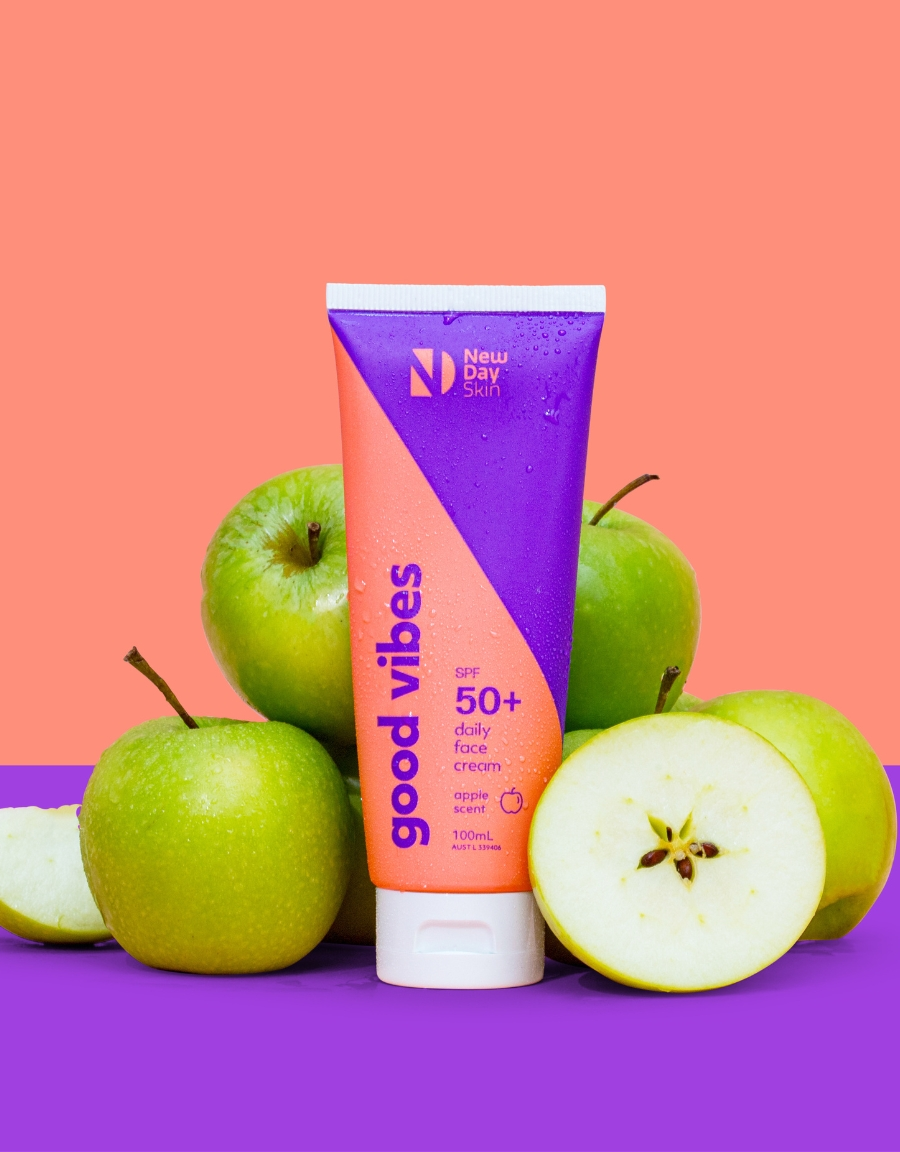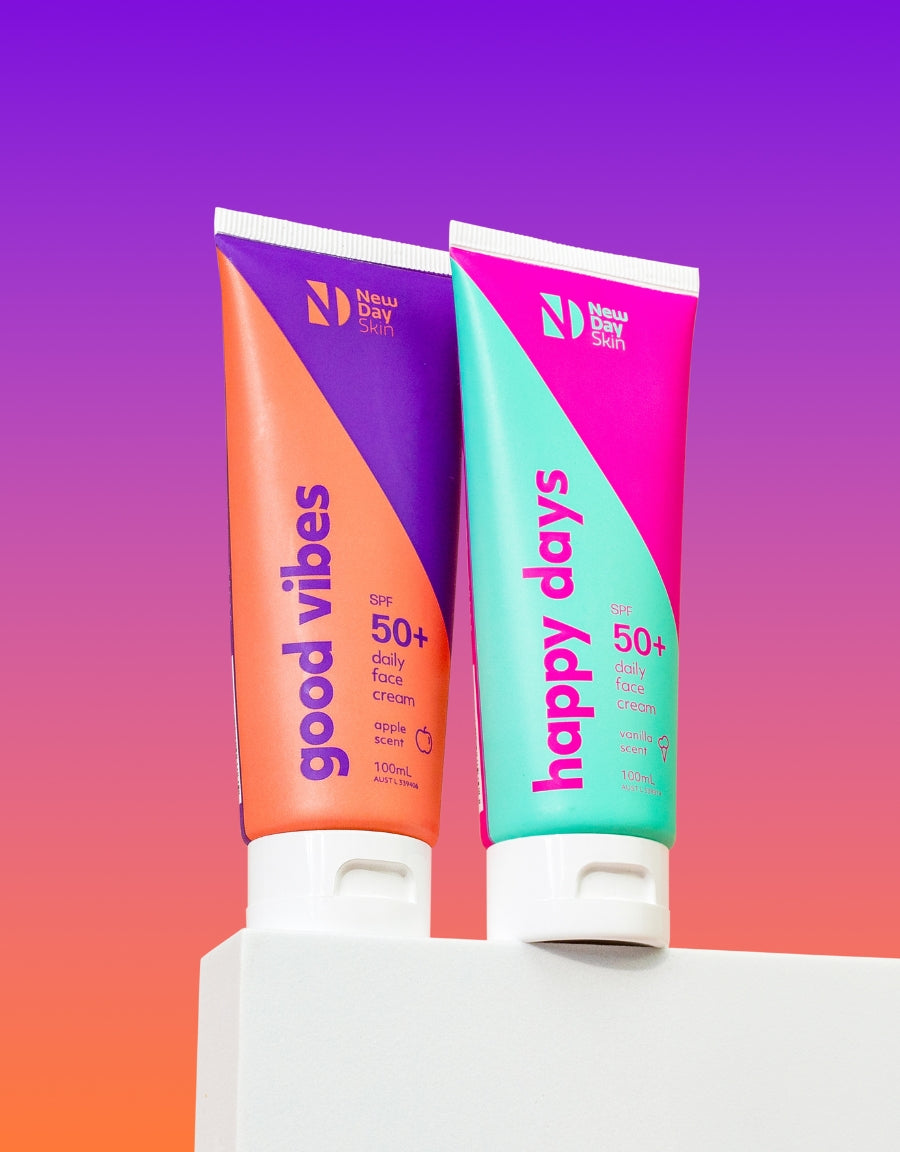Best Sunscreen For Sensitive Skin

If you have sensitive skin or suffer from allergies, dermatologists recommend you use physical sunscreens because they are much less likely to cause rashes, allergic reactions or acne breakouts. Physical sunscreens or ‘inorganic’ or ‘mineral’ sunscreens contain one of two active ingredients - Zinc Oxide or Titanium Dioxide. They work by creating a barrier between the sun’s harmful rays and your skin, which means they are not absorbed into the layers of skin, reducing the risk of disrupting sensitive skin.
Whilst body and face sunscreens can be used in the same way, it is often the case the skin on our face is more sensitive than the skin on the rest of our body. This is particularly true for tweens and teens who are going through hormonal changes and are producing higher levels of oil from their skin, which can cause breakouts. Zinc Oxide and Titanium Dioxide are naturally derived minerals that are non-comedogenic, which means they don’t block pores and therefore reduce the chance of breakouts for tweens and teens. Other qualities of a physical sunscreen to consider for sensitive skin and specifically sensitive faces, is for it to be lightweight, non-greasy and non-water resistant for everyday use.
The most likely ingredients that cause allergic reactions for those with sensitive skin are more often found in chemical or ‘organic’ sunscreens. Chemical sunscreens absorb into your skin instead of forming a barrier on the surface of your skin. If you have a skin condition like eczema or rosacea or acne, or if you are prone to allergic reactions, chemical absorbers should be avoided. Oxybenzone, Octinoxate and Homosalate are just some of the chemicals commonly used in organic sunscreens that are the greatest causes of allergic reactions and skin irritation and should be avoided if you have sensitive skin.
Fragrance is often associated with allergic reactions and skin irritation. In some cases sunscreens claim “all natural ingredients”, which means if they do have fragrance added, these could be essential oils, such as lavender, rose hip or vanilla. Often nature’s fragrances are much more harmful for those with sensitive skin, than those fragrances created in a strict, regulated environment. It’s also important to understand that different countries have different standards and regulations when it comes to sunscreens. Australian made sunscreens are the most highly regulated in the world and for them to be approved and registered with the TGA, any fragrance additive must be less than 0.5% of the total volume of the sunscreen. That means in a 100ml tube, the fragrance makes up less than half a ml. Whilst this minute amount may still cause skin irritation for those with sensitive skin, it is unlikely, especially if the fragrance itself has been registered by the IFRA and the TGA. If you do have sensitive skin, it is a good idea to patch test sunscreens, as well as any other lotions that contain fragrance in their list of ingredients, before use.
Having sensitive skin does not mean you can’t find a suitable high protection SPF 50 sunscreen for daily use. Look for physical (mineral sunscreens) that are light-weight, non-greasy and are Australian made.




